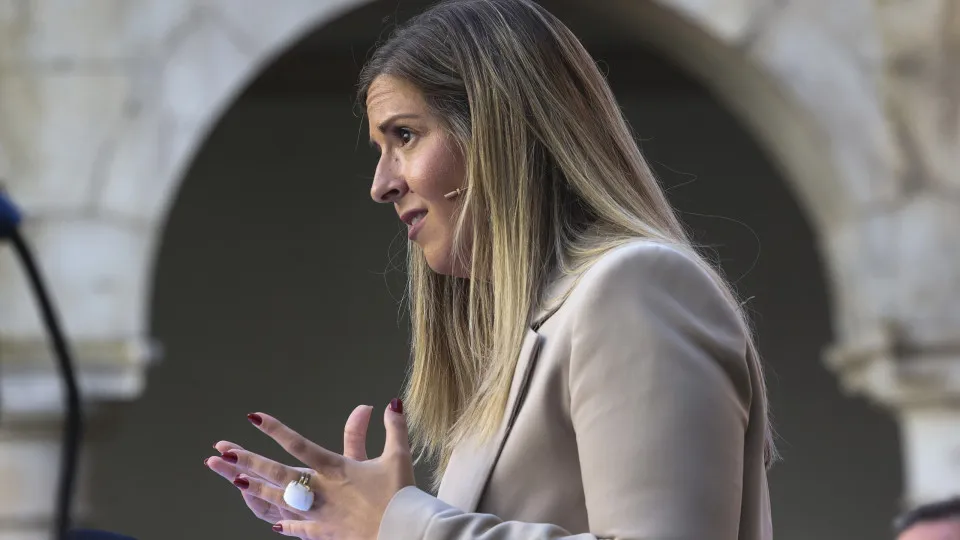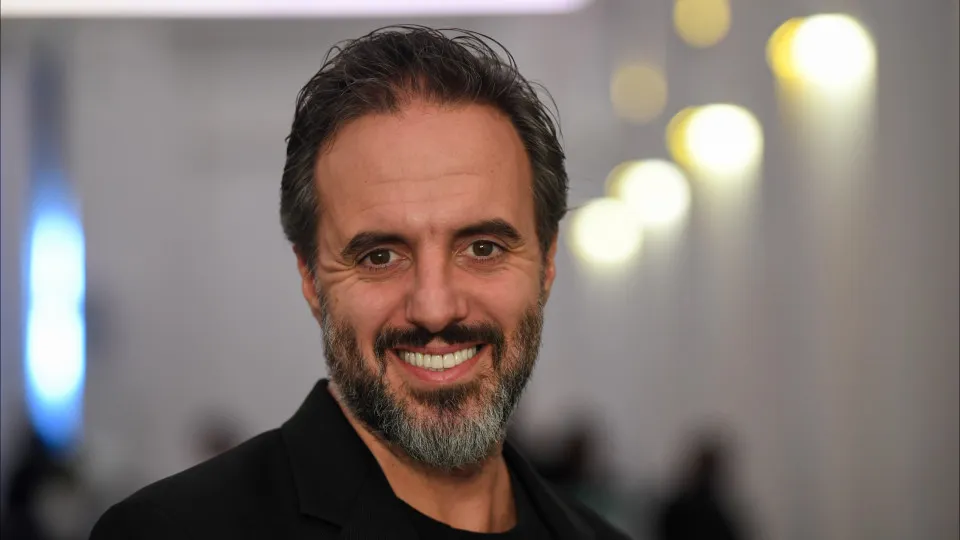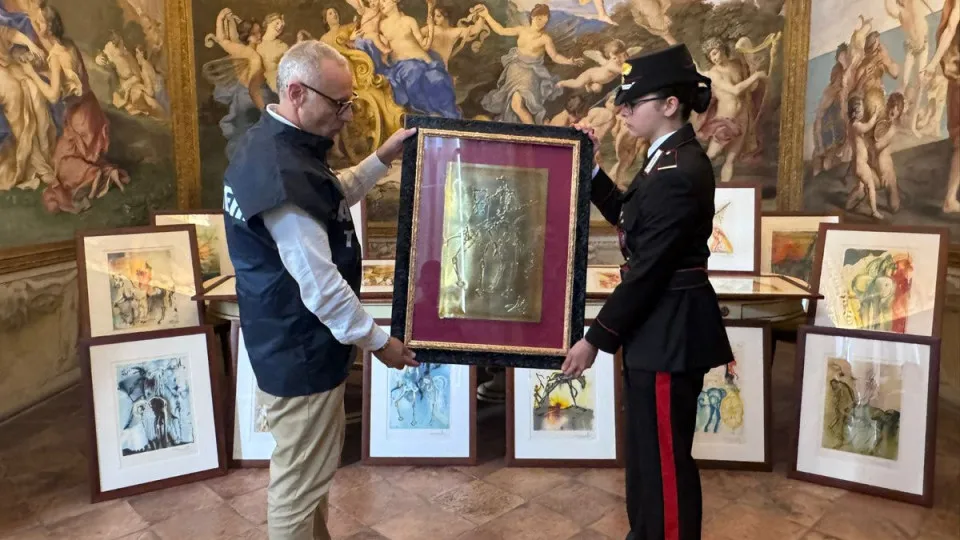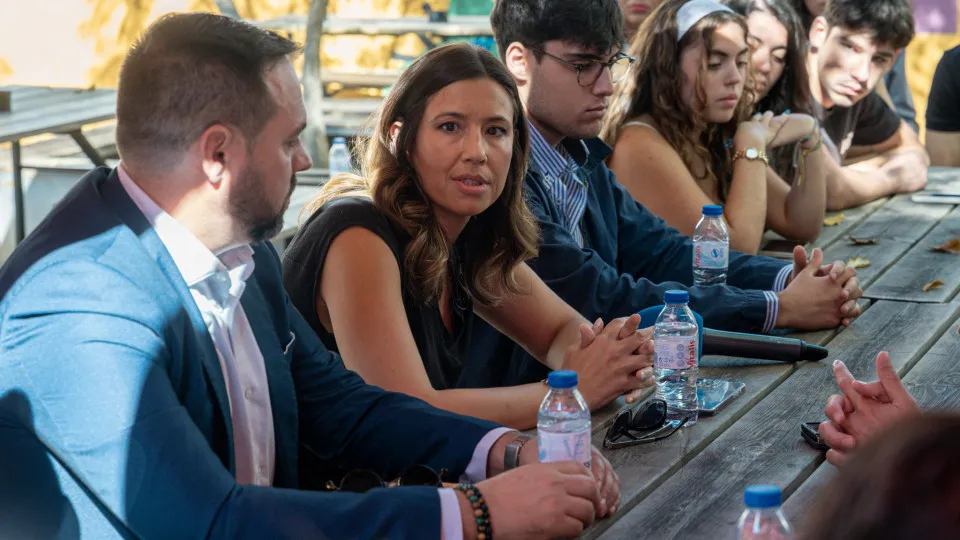
“Before revising the legislation, we need to understand the impact it has had. One of our commitments is to evaluate the Statute of Culture Professionals,” stated Margarida Balseiro Lopes in Barcelona, Spain.
Emphasizing the need to “evaluate the implementation” of the Statute of Culture Professionals, which has been in effect since January 2022, the minister added that “this is the commitment” regarding this statute, aiming to “conduct this evaluation in 2026.”
Margarida Balseiro Lopes, who assumed the Ministry of Culture, Youth and Sports in June, noted that from “consultations, meetings, and hearings” with various cultural sector entities since taking office, “several alerts have been raised about the statute not having the expected impact.”
“We are talking about fewer than two thousand registered people,” in a sector with thousands of professionals, she highlighted.
The minister spoke in Barcelona, where she is attending the UNESCO conference MONDIACULT 2025, dedicated to cultural policies.
On Monday, as MONDIACULT 2025 began, gathering 120 Culture Ministers from around the world and delegations from 160 countries, UNESCO’s first World Report on Cultural Policies was presented. It was based on 1,200 local and national reports and 200 case studies worldwide, conducted between 2019 and 2024.
The document presents culture as “a powerful economic driver,” indicating that culture and creative industries account for 3.39% of global GDP and 3.55% of global employment. UNESCO highlighted cultural tourism, which in 2023 generated $741.3 billion (over 633 billion euros) in revenue in 250 cities worldwide.
However, the report highlights “significant geographical disparities” in public investment into culture and “persistent gender inequalities,” noting that women represent 38% of the workforce globally but receive only 20% of public funds in this area and occupy less than 30% of leadership positions in cultural organizations.
Additionally, the report states that “cultural rights are fundamental but frequently poorly protected,” with “only 9% of artists” worldwide believing their economic and social rights are well protected.
The document also concludes that artificial intelligence has had “a very negative financial impact,” with 38% of UNESCO survey respondents reporting a decrease in income and revenue.
Questioned about the national contribution to this report and numbers related to the Portuguese case, the Culture Minister noted that there is “a data shortage problem concerning culture” in Portugal.
“This presents serious difficulties because we need access to data to make good decisions,” she said, emphasizing that investment choices, for instance, should be made “based on needs.”
“We can only understand the needs if we are aware of the reality, and unfortunately, this is not the case. The last data we have is from 2022; we are in 2025, and we want to update the cultural satellite account. We aim to not only enhance data collection through the cultural satellite account,” said Margarida Balseiro Lopes.
The minister mentioned that a new ticketing system for museums managed by Museums and Monuments of Portugal would soon be introduced to address the need for more data in the sector.
“No one can make wise decisions without knowing how many jobs the culture sector generates, the investment it brings, or the cultural habits of the Portuguese. […] We cannot leave this role to some associations sectorally or individually. The responsibility lies with the State,” she added.
According to Culture Statistics, released annually by the National Institute of Statistics (INE), in 2023, the cultural and creative sector employed an estimated 201,000 people, accounting for 4% of total employment, with 54.2% male and 76.8% aged 25 to 54.
The latest INE data, released last November, also showed that “in 2023, cultural goods exports amounted to 229.7 million euros, a 3.6% decrease from the previous year,” while imports increased by 10.3% to 518 million euros, resulting in a sectoral trade deficit.
In 2023, nearly 17.1 million spectators attended almost 43,000 live events registered by INE, with music being the main category, featuring more than a third of the events.
According to the 2022/23 family expenditure survey, spending on leisure, recreation, sports, and culture accounted for 3.3% of the total average expenditure of Portuguese households.




